Cancel your dinner reservations, bestie (you know…figurative dinner reservations, because I’m assuming that you’re not going out much at the moment!). We’re talking about why it’s important to cook at home! (You know, just in general. Not for any specific global catastrophe of a reason or anything like that.)
Learning to cook is a rite of passage in many ways. It’s a clear identifier in the passage from child to adult; the ability to provide and feed yourself is in many cultures the very definition of maturity. Gathering around the dinner table for a homecooked meal was (and in some cultures, still is) a massive part of kinship rituals. But times, they are a-changing, bestie.
I read an article the other day that said that the average millennial eats out five times a week, that’s basically the entire work week! And you know what? It makes sense. I often find myself grabbing a sandwich or a burger near my office instead of packing a lunch, so I can totally see someone eating out five times a week…or more!
But I’m going to suggest you (if that’s you) don’t do that so much. I know it’s convenient. And I know it saves you a bunch of time! But it might be costing you more than you realise. I’ve going to give you five reasons to learn to cook at home!
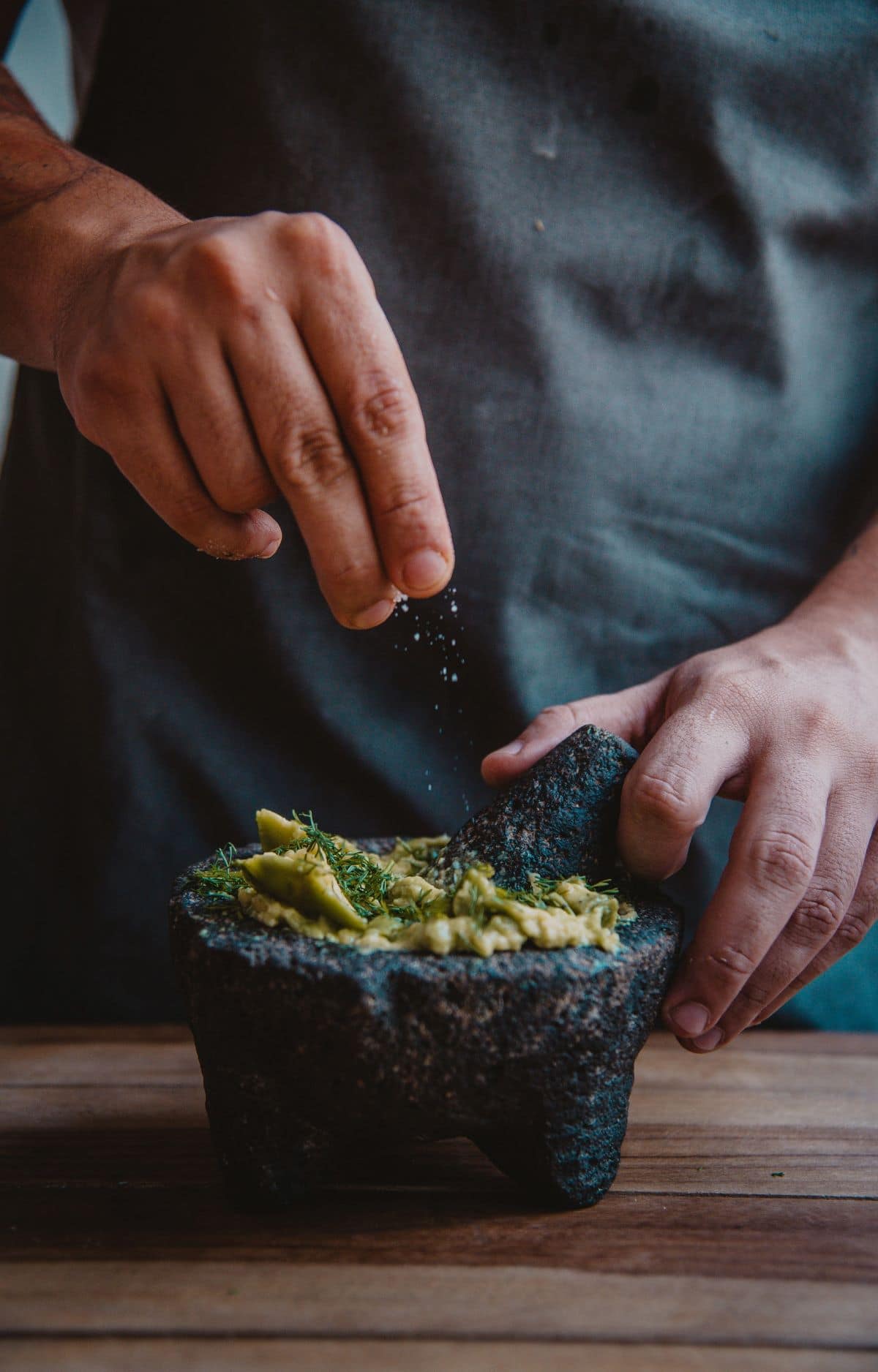
Jump to:
Cheaper
Let’s get this no-brainer out of the way. It’s cheaper to cook at home. Like, way cheaper. Like, so, so, much cheaper. If you’re looking to save a little extra bit of money, like so many of us are, cooking a few extra meals at home every week is a fantastic way to do it.
Healthier
I’m going to let you in on bit of a trade secret. There are two very special ingredients that make restaurant food taste so unbelievably good:
- Butter
- Salt
Now, don’t get me wrong here. I’m not saying that your local chefs aren’t talented. They are. I’m saying one part of what makes their food taste so good are these two ingredients. Let me explain.
Think of how much butter you use when you cook. Visualise that moment when you talk to yourself, wondering if a little more butter will take your dish from healthy to unhealthy. Well, add that butter and multiply it by 4, and then you’ll know how much butter your local restaurant uses when making you that delicious dish with their secret ingredient.
Multiply it by six for salt.
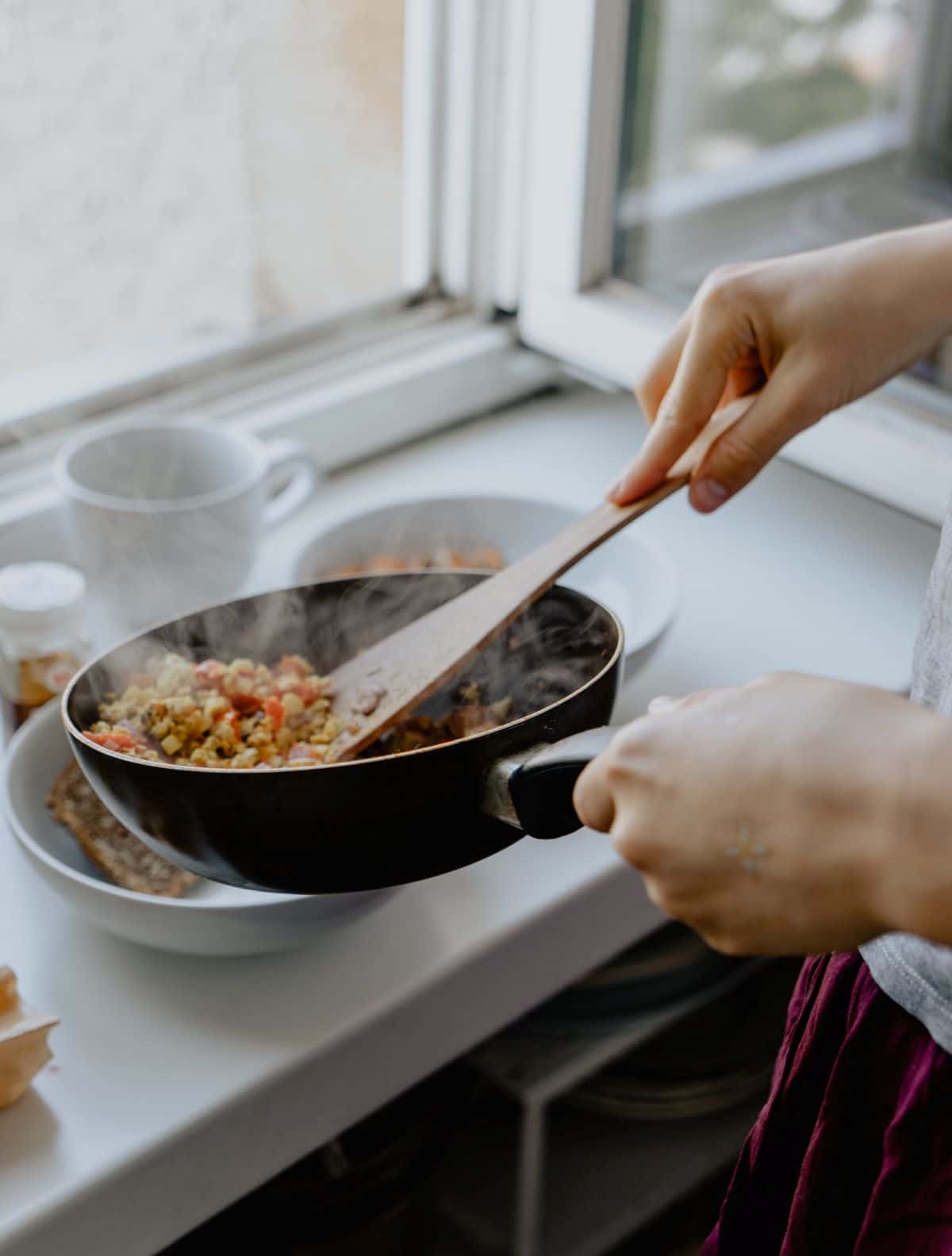
More control of your diet
There’s actually a bit more to it than just blaming restaurants for going overboard with delicious ingredients (because, it’s not a bad thing that they do! But you gotta be responsible sometimes too.).
Eating at home means that you have control of your diet. I’m not your nutritionist, so I’m not going to tell you what you can and can’t eat. But what I can say is that learning to cook, and preparing your own food means that you get to control exactly what you’re putting into your body.
You want more protein? Add more protein. You need a little more sugar in that sauce? Do your thing. You want to indulge in a glorious brunch by pouring melted chocolate all over the fluffiest pancakes in the world? Send me an invite.
More options
Cooking at home means you’re not confined to a menu. Your imagination (or the internet, whichever is bigger) is the limit. If you fancy Italian, and your partner-in-the-kitchen wants Indian, make it happen. Or even better, make it fusion.
You don’t have to deal with a restaurant
Here’s one for my fellow introverts:
When I cook at home. I don’t have to worry about going to a noisy restaurant. Or being sat next to a bunch of loud diners. I can sit at home and eat in silence…because silence is golden. Unless you have kids. In which case, silence is suspicious.
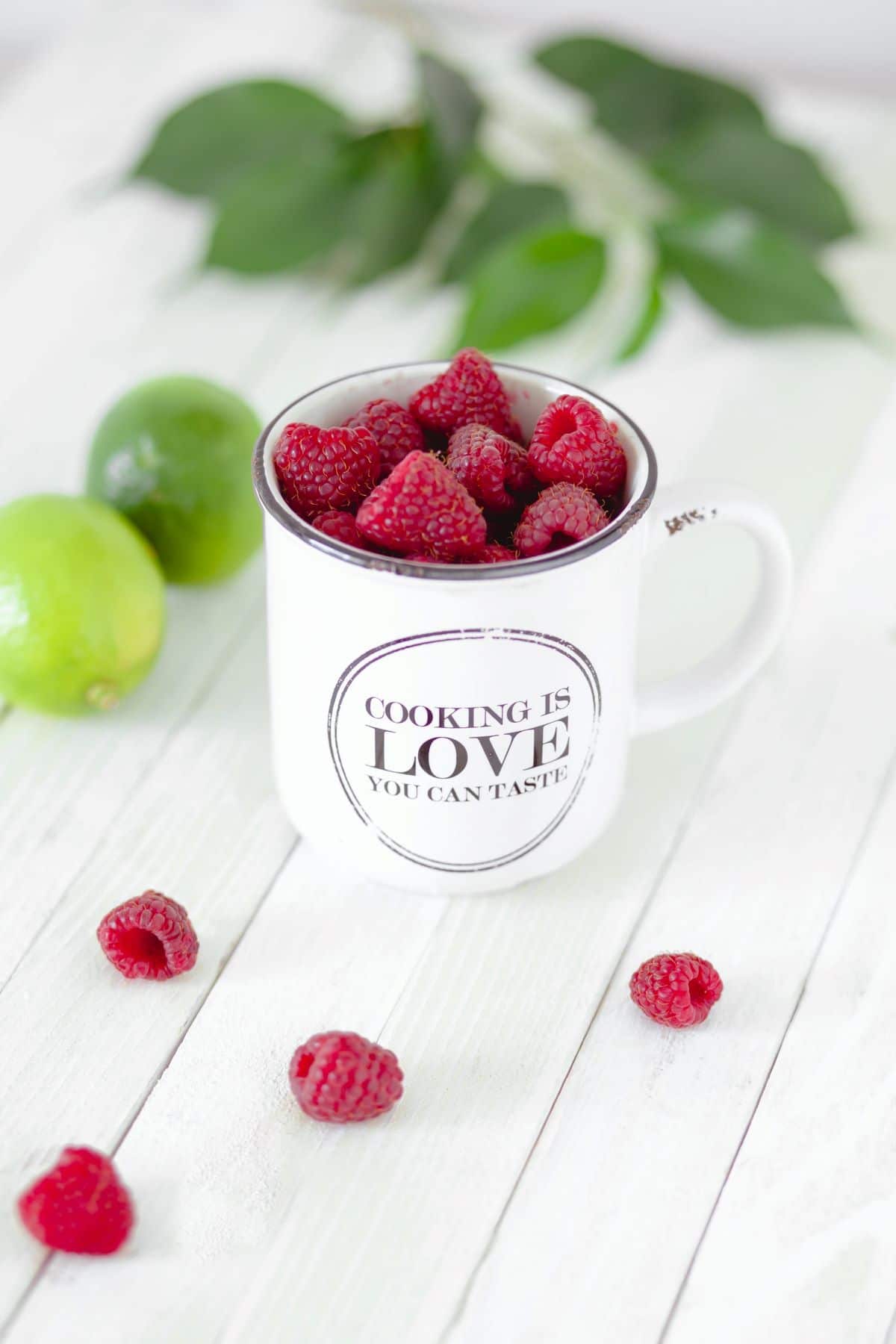
The kitchen is a social space
Cooking can be a tranquil meditation of movement – creating sustenance from the world around us. It can also be a party. And the kitchen is a social space, and I use those words intentionally. You see, in anthropology, a space is almost a symbolic medium, one that carries social and cultural meaning.
That is, it is in the kitchen-space that you develop connections, memories, and experiences. (And that’s why when we look back at the kitchen-place, it carries feelings and history.)
Can you tell that I wrote my first dissertation on this?
Self-reliance is empowerment
Learning how to cook for yourself and for your loved ones is a pretty crazy feeling. It’s empowering, exciting, and somehow fulfilling all at the same time. It’s something everyone should take the time to begin, whether that beginning takes place in childhood, adolescence, or adulthood.
If you happen to be brand new to cooking or even if it’s been a while since your last homecooked meal, consider brushing up on how to read a recipe so you’re prepared for any kitchen adventures.
Honestly, the longer we chat about it, the more reasons we’re going to find to justify it. But I also want to say this: you don’t have to cook. If you’re tired, if you don’t have time, or heck, if you just don’t want to. That’s okay too.
What’s most important is your happiness and your health (mental, as well as physical). This post is just here to encourage you to make your way towards the kitchen a little more often because I find that it’s a pretty great space to be (in).
Don’t forget to follow me on Facebook, Pinterest, Instagram, YouTube and Twitter for all the latest. Or just sign up to be a part of my mailing list to have updates delivered straight to your inbox!
 Buy me a coffee
Buy me a coffee
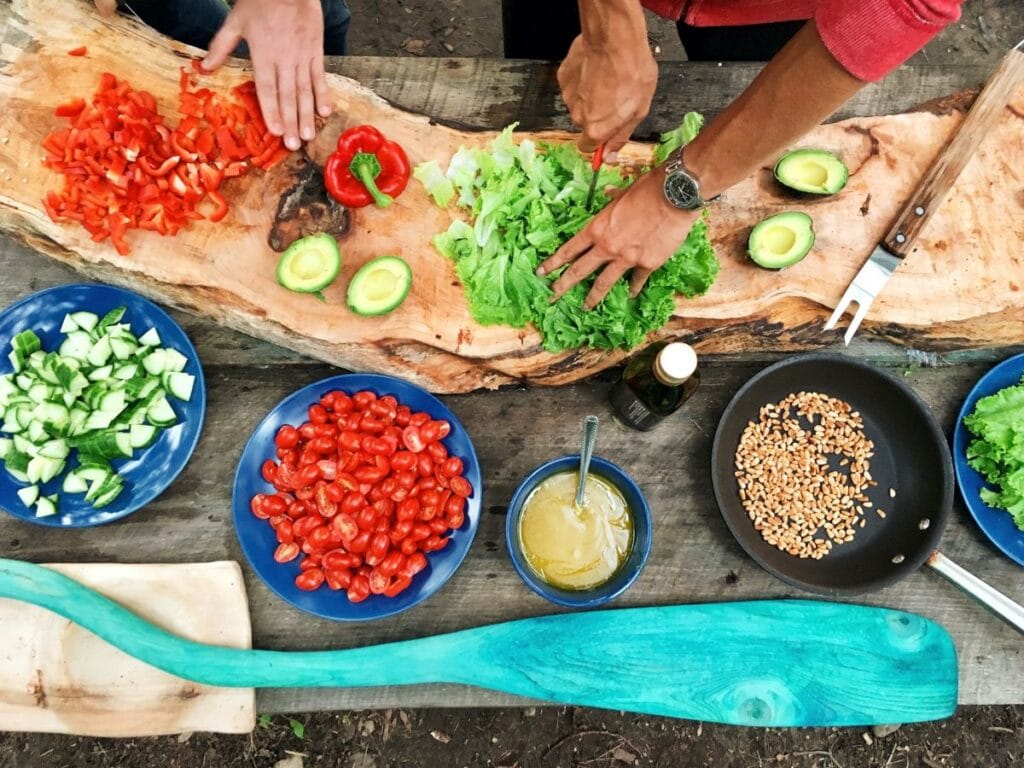


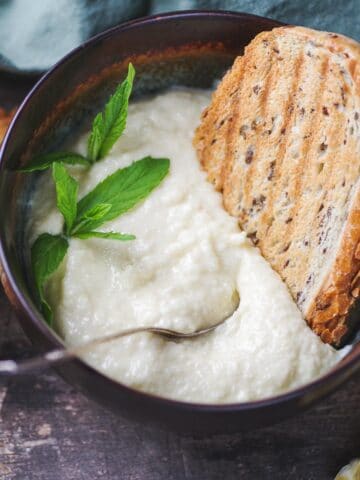


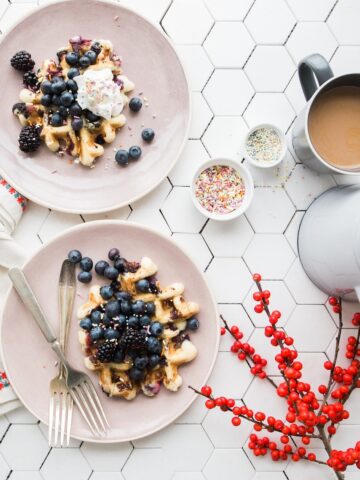

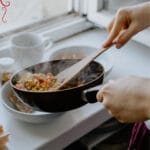
Reem
You make so many really good points here, Riz! Should definitely try to cook at home more often 😀
Riz
Good luck! 🙂